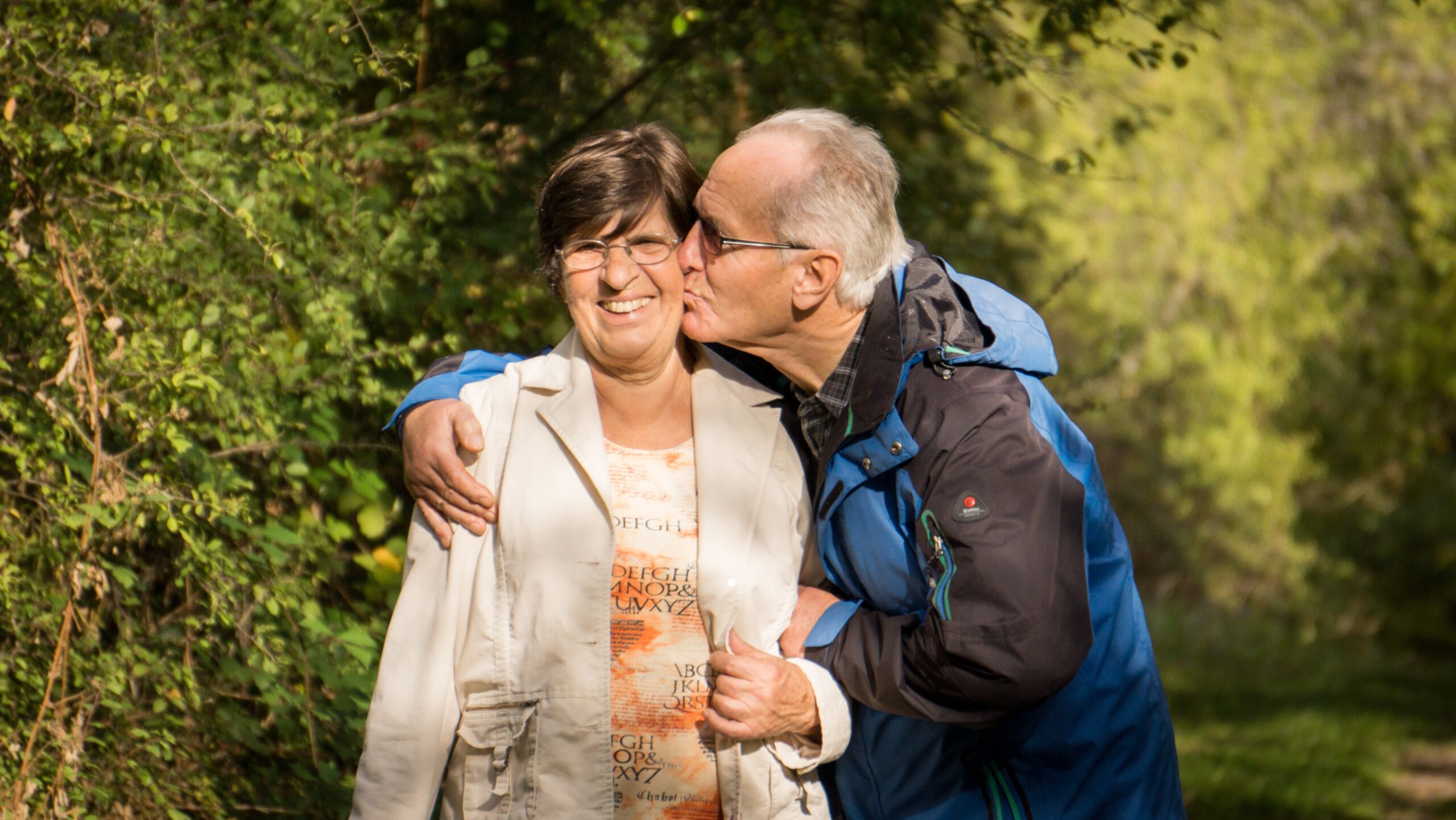Signs an Aging Loved One May Need Overnight Care

Many older adults who want to age in place are proud of their ability to live independently. Even if they have support during the day with bathing, grooming, light housekeeping or meal preparation, their needs can change quickly. If you have noticed a decline in your aging loved one’s cognitive health, sleep patterns, mobility or care needs, you may be concerned about their safety overnight.
Waiting for the person in your care to ask for help can be dangerous as they may not realize their limitations, find it difficult to admit that they are facing these challenges, or be fearful of having someone in their home. There are clear signs and circumstances that generally support the need for extended overnight care—either through an informal or paid caregiver or a facility with 24/7 support. A health professional will be able to give you more specific direction, but here are some of the physical and mental changes that can create safety concerns at night.
Wandering and Confusion
If your loved one has been recently diagnosed with Alzheimer’s disease or dementia, overnight care will eventually become necessary. In the early stages, they may be able to live life in the same way, but symptoms can suddenly progress. Sundowning, which is a term used to describe late-evening confusion, is common in dementia patients. This can cause anxiety, agitation, aggression and lead to serious dangers like wandering, falls, medication errors, or kitchen accidents. Always consult a health professional, but if your loved one is waking frequently, seems anxious, scared or are having memory problems, it’s likely time for consistent overnight support.
Insomnia, Pain Management and Anxiety
With age, many older adults experience changes in their circadian rhythm which can cause significant sleep disruptions. If they are also living with a chronic illness or pain, they may worry about managing these issues on their own—particularly if they require medication during the night. Lack of quality sleep can lead to anxiety, depression and other health problems and create a deterioration in their overall health. If the person in your care has experienced prolonged sleep difficulties, a professional or family caregiver may be necessary. Overnight support can give your loved one a sense of security and help them sleep better knowing that someone is there in the event of an emergency.
Mobility Challenges
Older adults often get out of bed during the night due to these sleep disruptions or to use the washroom. However, if your loved one has mobility challenges, poor vision, or their medications cause dizziness and/or grogginess, moving around at night can be a significant safety risk. Even with grabrails, nightlights and other preventative efforts, they could trip or fall. You may start to notice an increase in bruising or injuries. If you are concerned about their fall risk during the day, overnight care is usually necessary to prevent a serious accident or injury.
Incontinence or Recovery
If the person in your care is ill, recovering from surgery or has recently become incontinent, preventing infection and sores becomes a top priority. Even if they are temporarily bedbound, they may need position changes at regular intervals throughout the night to prevent pressure injuries. Similarly, if your loved one has started experiencing incontinence, cleaning up accidents and changing incontinence products during sleeping hours may be necessary. If their needs have increased in complexity, you may require a caregiver with specific training and skills. Bringing in a professional—even temporarily—can make sure they are comfortable, speed up recovery time, reduce the chance of another injury and support their prescribed treatment plan.
Caregiver Fatigue and Burnout
Ultimately, your own health and wellbeing should be one of the biggest factors when determining if it’s time to hire a professional caregiver or whether to relocate your loved one to a care facility. If you are regularly called on, or constantly worried and unable to sleep well, you will inevitably start to feel burned out. If you are sleep-deprived and experiencing high stress levels you may not be in a position to provide compassionate care in the day, let alone at night. If this is the case, and it’s feasible, it’s likely both you and your loved one will benefit from professional overnight care.
If your loved one needs additional support, VHA Home HealthCare may be able to help you. Contact VHA’s Enterprise Health Solutions team at 416-489-2500 ext. 4649 or by email at ehs@vha.ca for more information on how we can help.
If you found this article helpful, you may also want to read:
